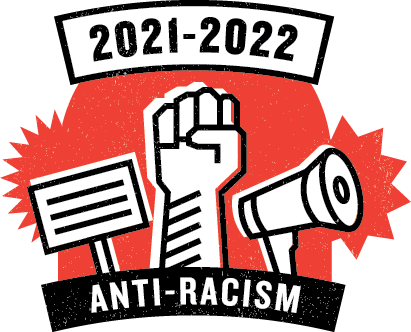
This series is co-sponsored by the Humanities Center at Texas Tech which provides a copy of the book selection to reading group members. The book selection aligns with the 2021–2022 theme of "Anti-racism."

 Please join the Libraries' virtual reading group series on Just Mercy: A Story of Justice and Redemption.
Please join the Libraries' virtual reading group series on Just Mercy: A Story of Justice and Redemption.
Just Mercy is an unforgettable account of an idealistic, gifted young lawyer’s coming of age, a moving window into the lives of those he has defended and an inspiring argument for compassion in the pursuit of true justice. It has won numerous honors including the Carnegie Medal of Excellence in Nonfiction and the NAACP Image Award for Nonfiction.
Book Preview
Tuesday, Oct. 5 | 5:30–7 p.m.
Book Discussion
Tuesday, Oct. 12 | 5:30–7 p.m.
The reading group meetings are open to everyone, but registration is required. Please register for the Zoom meetings and to request a copy of the book. Contact Kimberly Vardeman for more information about the series.
Join our virtual reading group series on Just Mercy. Please register for the Zoom meetings and to request a copy of the book.
Book Preview
Tuesday, Oct. 5 | 5:30–7 p.m.
Book Discussion
Tuesday, Oct. 12 | 5:30–7 p.m.
Associate professor of United States history and Borderlands Studies and is the program coordinator for the Mexican American & Latina/o Studies minor. The Mexican American and Latina/o Studies is an 18-hour minor in a dynamic interdisciplinary course of study based in the humanities, social sciences, arts, and evolution of ethnic studies. The Mexican American and Latina/o Studies minor offers a unique curricular structure through which to examine one of the predominant ethnic groups in the American Southwest, and the fastest growing nationally.